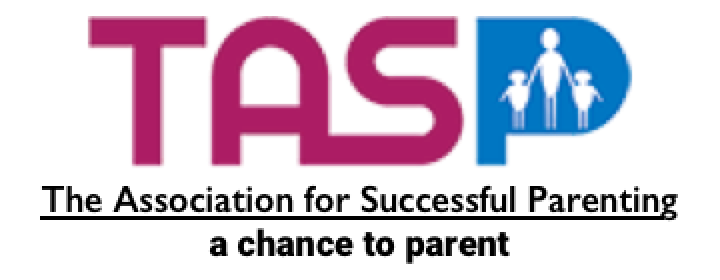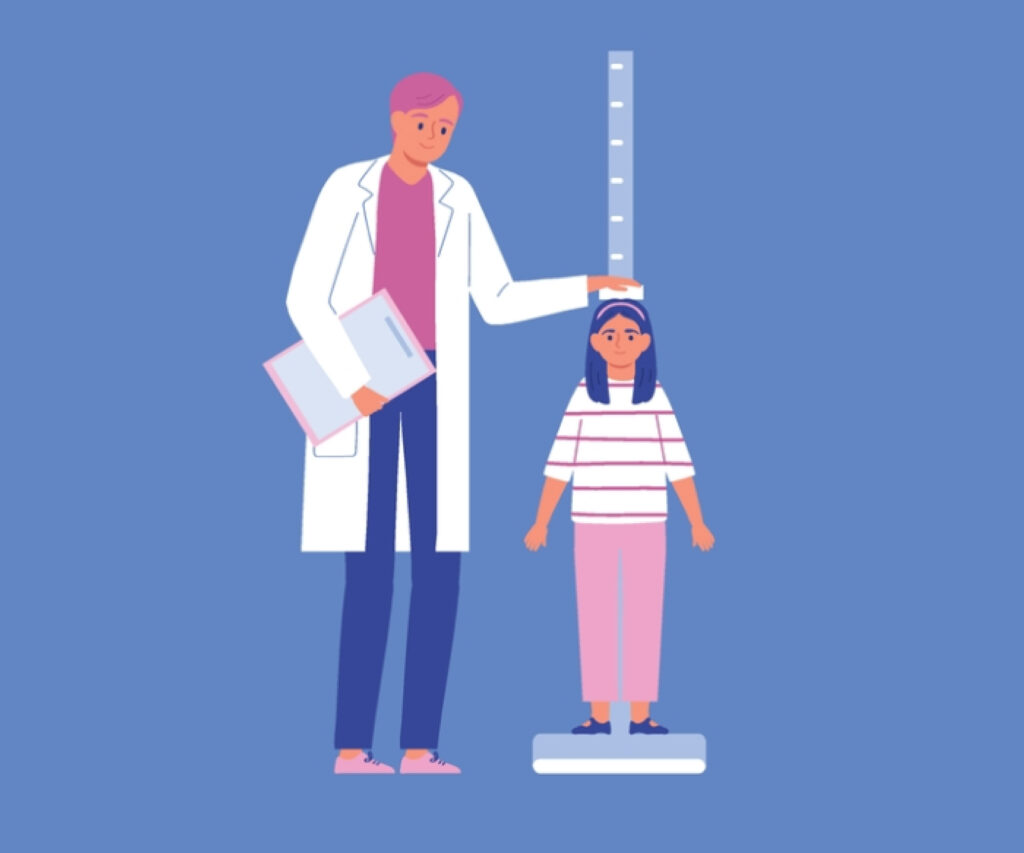October 12, 2023
Speaking Up for Yourself as a Parent with an Intellectual and/or Developmental Disability: Taking Your Child to the Doctor
Written By Lisa Simmons
Requesting accommodations at a doctor’s office is an essential step to ensure that individuals with intellectual disabilities receive the necessary support and understanding during their medical visits.
Here’s a step-by-step guide on how an adult with an intellectual disability can request accommodations:
- Identify your needs: Determine what specific accommodations you might need during your doctor’s visit. These could vary depending on your disability and may include communication support, extended appointment times, written materials, or any other assistance you may require.
- Contact the doctor’s office: Get in touch with the doctor’s office well ahead of your appointment. You can call them or send an email to request accommodations. Many healthcare facilities have a designated person or office responsible for handling accommodation requests.
- Communicate your needs: Clearly communicate the accommodations you require. Be specific about the type of support you need and why it is essential for your medical care. If you have any preferences or suggestions for how the doctor’s office can meet your needs, feel free to share them.
- Follow up: If the doctor’s office agrees to provide accommodations, make sure to confirm the details of the arrangements before your appointment. If necessary, remind them of your request when you arrive for your visit.
- Bring a support person: If you have a caregiver, family member, or friend who knows you well and can advocate on your behalf, consider bringing them along to the appointment.
- Feedback is important: After the appointment, give feedback to the doctor’s office about the accommodations provided. Let them know if the support was helpful or if there are any areas for improvement.
Remember, requesting accommodations is your right, and healthcare providers should be willing to work with you to ensure you receive the best possible care. If you encounter any challenges or feel your needs are not being adequately met, consider seeking support from disability advocacy organizations or support groups in your area.
About Lisa Simmons

Lisa Simmons has been involved in advocacy for families and individuals with disabilities for over 30 years and has professional experience in case management, interdisciplinary team leadership, capacity development, and assisting families with service navigation and coordination.
She has worked for Sooner SUCCESS since 2004 and currently serves as a regional coordinator; project coordinator for their initiative to support parents with disabilities and project coordinator for the Oklahoma Communication Support Project.
Over the last 6 years she has provided training to hundreds of Oklahoma professionals in multiple disciplines on ways to better support parents with disabilities and their families. Sooner SUCCESS is dedicated to serving, supporting and building inclusive communities.

